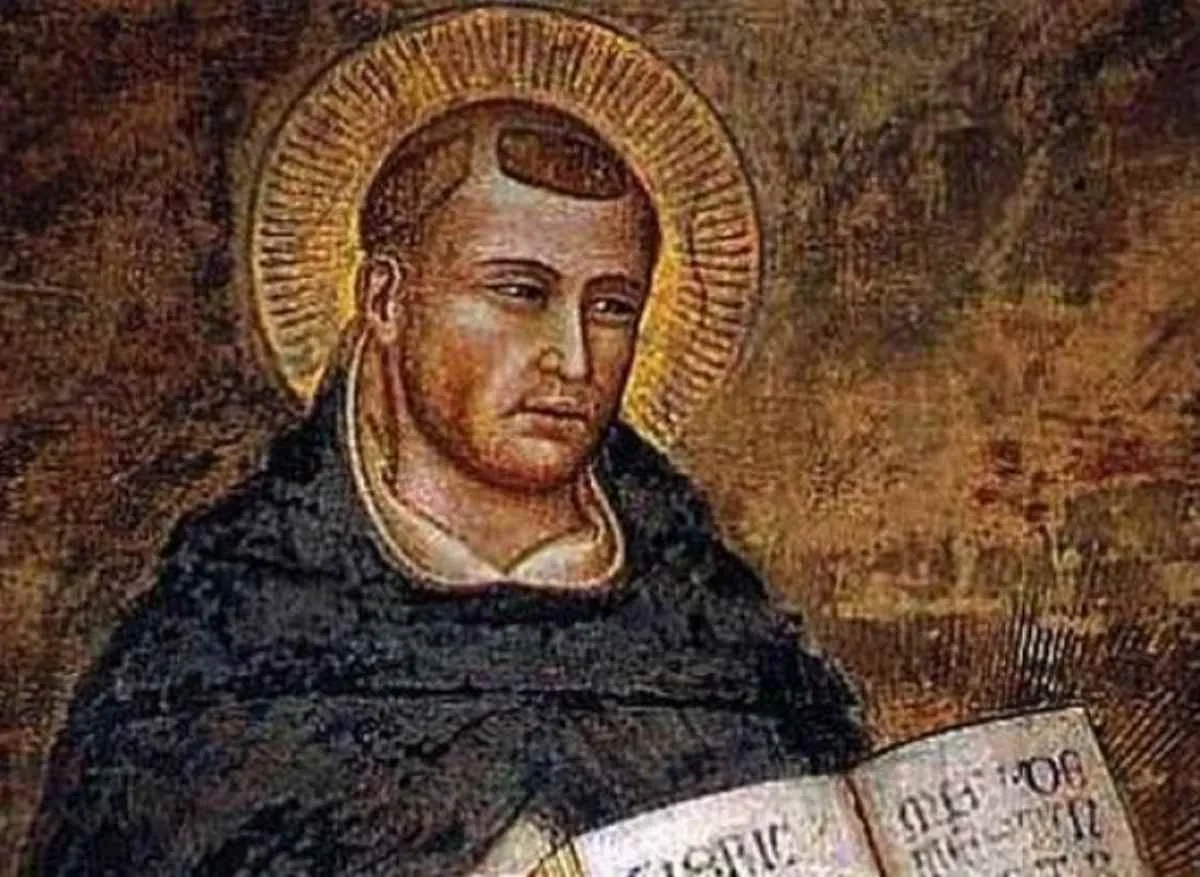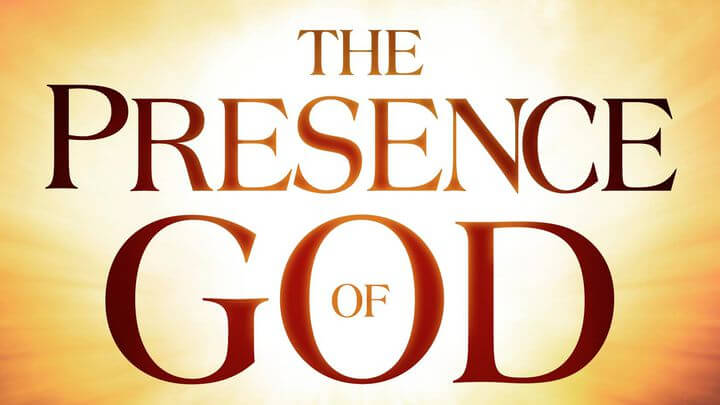Basic Contributions Of Saint Thomas Aquinas
Saint Thomas Aquinas is considered to this day as an incredible philosopher. With extensive knowledge in theology. And the preaching that he did regarding these two, regarding the Catholic religion. The contributions of Saint Thomas Aquinas considerably changed the study of many of these branches and general aspects of daily life such as economics and education.
Contributions of Saint Thomas Aquinas
Saint Thomas Aquinas was born in the year 1225, in Italy. From an early age Santo Tomás was involved in studies, he had the resources to educate himself in the best way since he came from a family of aristocrats, the counts of Aquinas. They did not want him to be part of the church and did their best to keep Thomas from being included. But the faith towards this religion became bigger and bigger and regardless of the obstacles presented, the same became a very important part of the Catholic Church.
He was influenced by the ancient philosophers Plato and Socrates, among many others. And thanks to the formation of Alberto Magno he knew the work of the philosopher Aristotle, in which he had a great effect on him and on his most outstanding projects. He studied at prestigious universities by the time he got his Ph.D. later. He produced two of the most emblematic works in history and for the Catholic religion, Summa Theologiae and Summa contra Gentiles . The impressive thing about this is that he died at 49 years of age and managed to obtain much of the merits that at the time were granted to older people.
He was part of the Order of Preachers, in which he imparted his immense knowledge in different parts of Europe. It should be noted that despite the fact that all his contributions were mostly theological, they were considered philosophical but from a religious point of view. Theology seeks the understanding of faith in God and philosophy is more of reasoning. These were his beliefs, his field of study and where he applied his knowledge regarding them.
More than once refuted and rescued the questioning of some of the many theories or concepts that were already decided for the time. That is why Thomas was appointed by the Catholic Church on April 11, 1567 as the doctor of humanity.
These are the main contributions of Saint Thomas Aquinas :
Existence of God?
Saint Thomas Aquinas did not believe that the existence of God could be proven by human reasoning. He although he considers that for human beings the existence of this should already be implemented naturally without interventions of any kind such as any word about religion or any act of it towards them. Since he considers that this could be acquired based on the experience of life, of the causes that could and can arise in it.
For the existence of God to be firmly believed by many, it had to be seen or evident, but Thomas considers that this is not possible since the reasoning of «Man» is limited, nor under the concepts or ideas that we had or have of him .
Since each different type of ethnic group or culture has a different vision regarding God. And if it was applied with the philosophical thought of reason, it had to be demonstrated. One of the most important works created by Saint Thomas Aquinas was the five ways to prove the existence of our creator.
the five ways
- First way: The movement.
It was that everything is moved by something else without full knowledge that it is so. Since it is impossible for one thing to be responsible for being the engine and the mobile at the same time. Something more external to us controls that movement, which would be the engine, which we commonly give the name of God.
- Second way: Efficient .
Explain that there has to be one cause before the other. But they should not prolong looking for one after the other since it would be unlikely. That is why there had to be a primary cause for the others, this cause had to be God.
- Third way: Contingent .
It is about the possibility of what is possible, forgive the redundancy, in which we can exist and no longer, because this would be by natural law, in which we die. Being completely unnecessary beings since before surely there was a moment that we did not exist. But there must be a necessary entity that exists unlimitedly, this must be God for which it is a reality.
- Fourth way: Degrees of values.
That everything has to have a certain scale with corresponding to the good or the bad. Most people are in between not so good, not so bad. Although like any scale there must be a maximum among all values such as kindness, nobility. That would be God who is purely good.
- Fifth way: Objective .
The organization of natural things as well as of human beings has to have an objective. That we need intelligence or wisdom for harmony to exist. And that it should be guided by a presence wise enough to establish order in everything.
What exactly is God?
God has a very simple harmony, it could be considered perfect for human beings. Although Saint Thomas Aquinas suggests that despite the idea that he is a perfect being, without errors or purely good. It will never be understood that perhaps God does not understand what he means by these qualities attributed to him.
In much of his works, Thomas refers to how we cannot know what God is, rather we could say that it is not, this supreme entity. He is represented as a being that is immutable, tangible and finite. And that he would be part of life itself since he has no gender distinction and no tangible form present. For Saint Thomas Aquinas, God was nothing more than presence in all aspects generated in life and therefore existed.
Contributions of Saint Thomas Aquinas to the administration
His contributions had a pleasing effect on societies both financially and humanitarian cases with respect to education. Especially in the planning or organization of some of them, such as the way in which their purpose or purpose should be implemented. And that they should all be for the common good and respect equal opportunities, among others.
Contributions of Saint Thomas Aquinas to psychology
Thomas always based everything he did on the theories imposed by Aristotle, this is also the case. When it comes to psychology. He believed that the body we inhabit could only have one soul, said souls were connected by a fundamental composition that its functions were sensory and vegetative. And they could not be considered as independent but as something natural to life. He called this group as «man».
Free will is one of the most important contributions of this branch, attributed to him. This is the quality of the sensory part of the soul as a whole of “Man” in which it explains the behavior of the human being, the memory and the imaginative part of it.
This sensitive part was also the one that dictated knowledge according to Saint Thomas. I do not explain this with a theory but he relied on Aristotle’s to affirm this. And that this was not due to divine intervention like the angels or by God himself, rather they were a set of experiences that were formed throughout life until they took shape.
Contributions of Saint Thomas Aquinas to education
Another of the things that Thomas shared with Aristotle was ethics, specifically morality. That constituted the principles acquired by the knowledge about good and bad. And like every principle we have the ability to choose and transmit being good people, avoiding being bad.
He made an effort in another important aspect that had to be fixed so that each one could live life fully. In which its objective was focused on the ability and achievement to achieve happiness in the human being. He sought to implement this ideal in educational systems, affirming that good justice towards others was needed, in the quality of learning, in mutual respect and that there is no differentiation between human beings. For students and teachers in particular since by acquiring this, their virtues and intelligence would be greater.
Being Saint Thomas Aquinas a person who was always in constant learning and improving his abilities. He expected the same from teachers who do not keep the least they know. Implement knowledge in the sciences, in faith towards our heavenly Lord and human reasoning. In that the three understand each other since there is nothing better than being in balance in this.
Contributions of Saint Thomas Aquinas to the economy
He was not very present when it came to the economy but that does not mean that he has not made his opinion very clear about this and the future vision that he had was something to admire. In his work Summa Theologiae , he shows the primary aspects of his idea that it would be better not to fully accept that people’s rights be acquired in order to obtain property.
Since this benefited society in terms of its organization, so that each person had a role in it and unfortunate events would not be generated if that happened to everyone. The reason why he did not fully accept this was because he did not believe in the greed that came with acquiring so many personal goods, this blinded people in their search for and admiration of God’s love towards us, considering that this should be paramount before any other stuff.
He excelled in charity, but this should not be surprising since it has always been one of the most important virtues in the Catholic religion and in the learning of theology. Remaining in the first place surpassing faith and hope.
Saint Thomas Aquinas considered that at the moment the prices of the varieties of elements, especially in food and in the payment of work towards those of lower class, were being raised by people of high rank, such as the nobility. That’s why he believed in fair prices for the people so they could get opportunities through that and increase their standard of living.
He did not believe in interest-bearing loans for the simple fact that money should not be made by charging money and demanding more of it. Tomás believed in the exchange of the interests of those involved.







